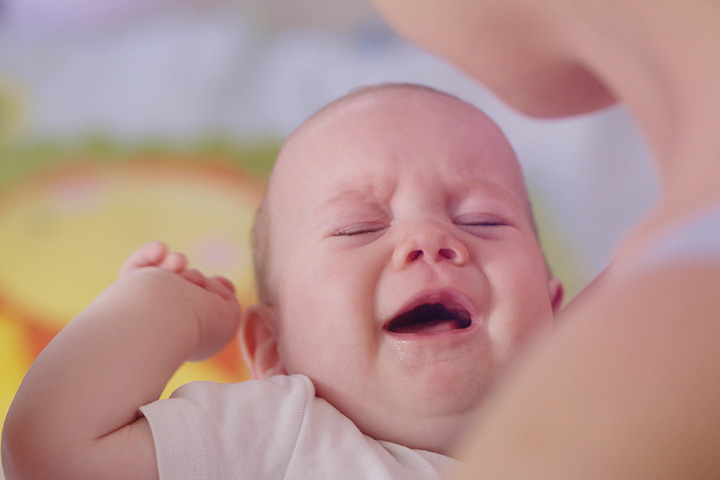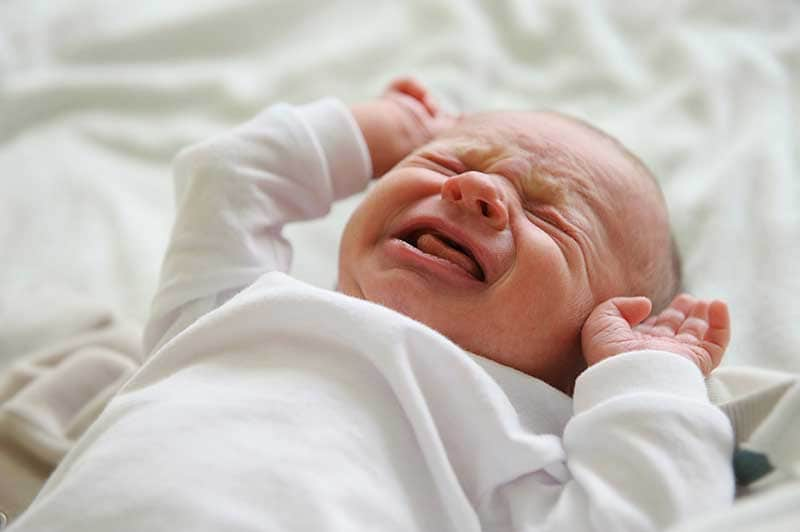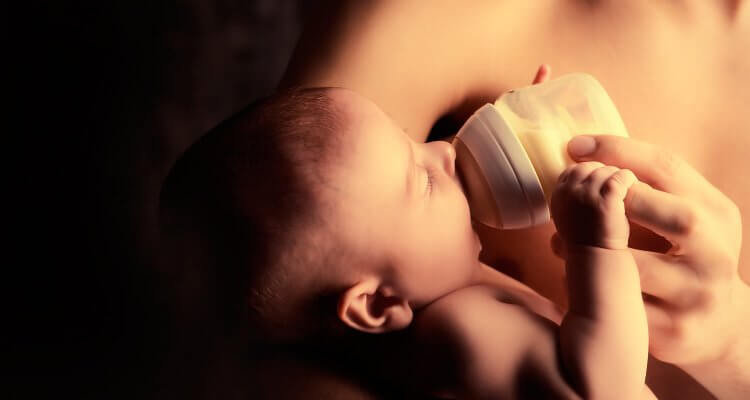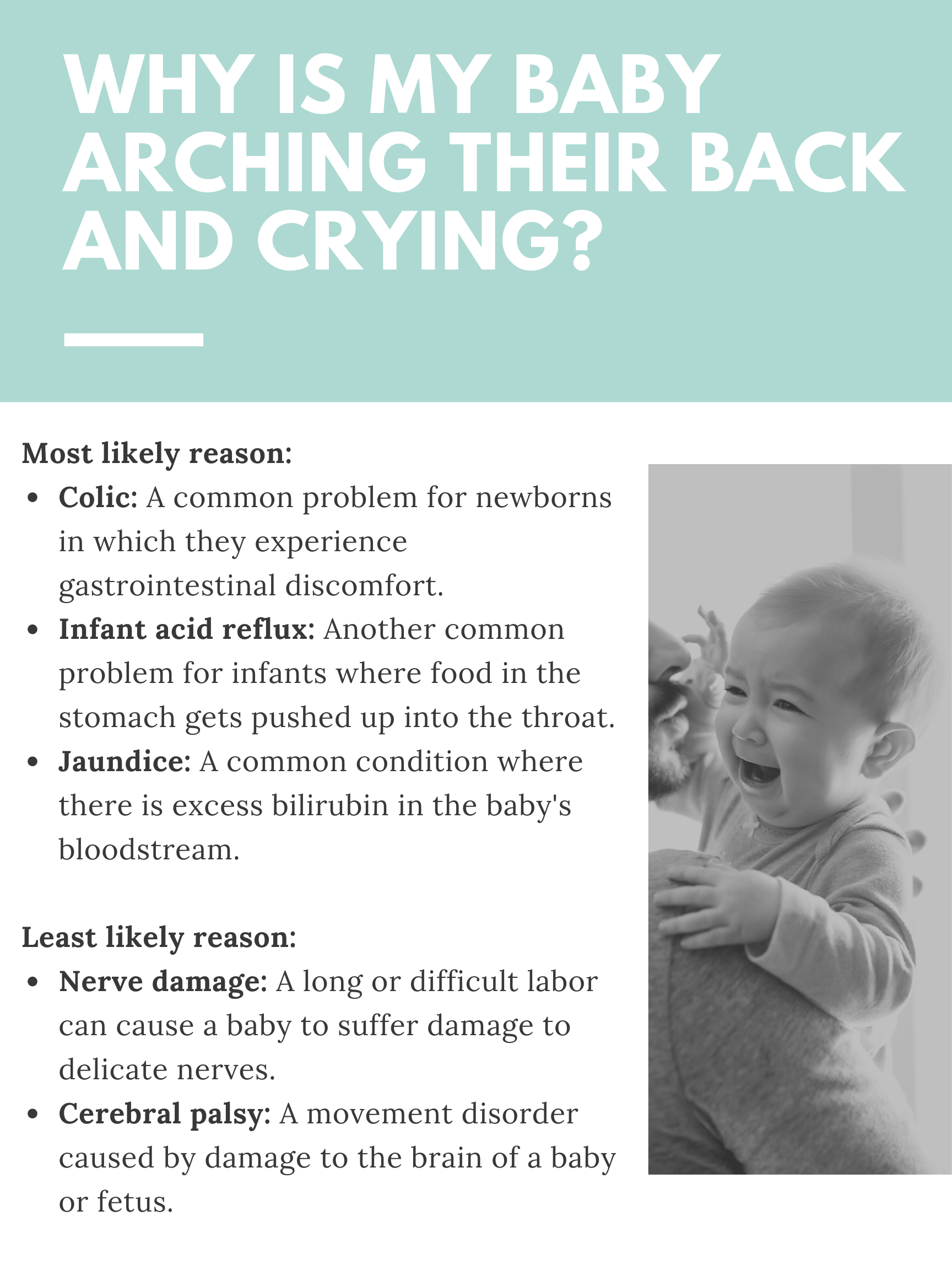Babies Fussing While Feeding
Babies fussing while feeding. Fussy babies can be difficult to feed and console. Has anyone elses bub become really fussy at feeding time. In the early months while baby lacks good head control a semi-reclined position like Laid Back Breastfeeding can use gravity to help deepen a latch and make feeding more comfortable for both of you.
Its pretty common to see this type of behavior at around 6-8 weeks though it can occur at any time. This period will likely correspond with a growth spurt and some increased cluster. Fussing while breastfeeding can be the result of a number of factors but it usually looks the same in most babies.
By the time my baby was 10 months old she would take a few sips from her bottle sit up look around lay down and take a few more sips and lather rinse repeat. If your baby is fussy after breastfeeding your baby might have acid reflux or silent reflux. There are a number of reasons why this might be happening.
You may first notice your baby getting a little fussier in the evening hours when they hit 2 to 3 weeks of age. A fast milk let-down is predominantly a problem in the mornings when mothers have a more rapid flow of milk and babies might. Some babies will fuss cry or pull off the breast during breastfeeding.
Once the milk flow starts they often settle into the feed and start to gulp at the breast in a regular rhythmic way. You will have screaming arching of the back resistance to the breast turning away from stimulation and trying to squirm or push their way right out of your arms. Dr Pamela Douglas explains why this behaviour is not usually a sign of medical problems such as reflux or oral ties.
This article discusses potential reasons for troubled feeding behavior. This is especially effective if the baby has been asleep and you nurse before he wakes all the way up. When your baby squirms appears uncomfortable during feed fusses cries or refuses to eat it can be challenge to figure out the cause.
Common feeding issues for fussy babies include. Babies can be fussy in the evening time or as some Mums would call it the witching hour.
If your baby is fussy after breastfeeding your baby might have acid reflux or silent reflux.
You will have screaming arching of the back resistance to the breast turning away from stimulation and trying to squirm or push their way right out of your arms. Fussing while breastfeeding can be the result of a number of factors but it usually looks the same in most babies. In the early months while baby lacks good head control a semi-reclined position like Laid Back Breastfeeding can use gravity to help deepen a latch and make feeding more comfortable for both of you. Common feeding issues for fussy babies include. Does your baby seem to choke while feeding. Change up your feeding positions with your baby and see if the change will help. Babies can be fussy in the evening time or as some Mums would call it the witching hour. You may first notice your baby getting a little fussier in the evening hours when they hit 2 to 3 weeks of age. This means that your baby is frustrated with the flow of your milk.
If your baby is fussy when youre feeding them spits up a lot or has symptoms of reflux arching their back fussiness after eating spitting up with most feedings those may also be signs you. You will have screaming arching of the back resistance to the breast turning away from stimulation and trying to squirm or push their way right out of your arms. Some babies fussy periods come so regularly that parents can set their clocks by it. Does your baby seem to choke while feeding. Try to soothe your baby by holding them and rocking them. The timing and type of behavior she exhibits provides vital clues. There are a number of reasons why this might be happening.






/478169271-56a6fd5c5f9b58b7d0e5de83.jpg)




















/GettyImages-538254701ThanasisZovoilisTaxi-569e79c25f9b58eba4ac6946.jpg)


















Post a Comment for "Babies Fussing While Feeding"